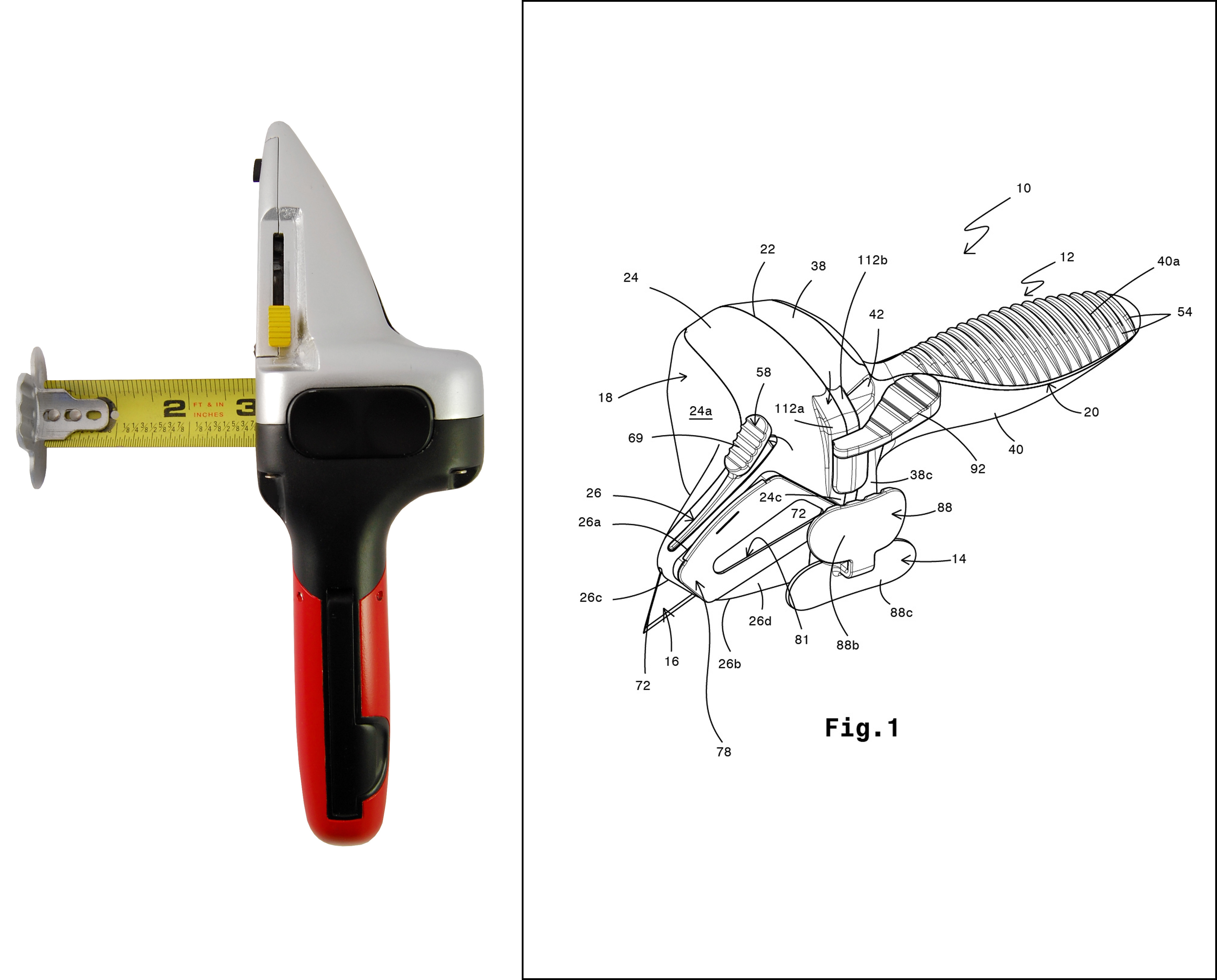Do I really need to patent my idea?
There is a question that all inventors, startups, companies, and even experts ask themselves: do I really need to patent my idea?
The decision to patent an idea depends on many factors, so there really is no right or wrong answer. We will explain it as clearly as possible here, so you can determine whether patenting your idea is the right step for you.
Some people decide not to patent their ideas because it will cost them too much money. Using an expert patent lawyer is simply beyond some inventors’ budgets. Some choose to file the patents and write all the patent content on their own. Although this may save money, it is not always the best option. Experts know the specific writing requirements of patents and know how to cover the application in a broader way. Patents have to be specific enough to cover the main idea but broad enough to cover any hidden possibilities. Writing about your patent is more complicated than you think, so you may be better off leaving it to an expert.



In other cases, people patent ideas just to intimidate competitors and scare them away from bringing something similar to market. People don’t know how strong an inventor may be, so they use the patent as a scare tactic. Other people patent an idea with the sole intention of licensing it to a large corporation. In this case, a patent would be necessary, since having protection on an idea is the only way a company would be interested in buying into it.
Whatever situation you are in, it is up to you to decide whether or not to patent your idea. Some inventors drop it, some choose to work with a professional, and some just cannot afford it. Others take the risk to license their idea, and startups may feel safer with a patent. If you’ve decided you need a patent, we can help, whether you need assistance with the patent drawings, the patent write-up, or the entire patent application!
If you still don’t know if you really need to patent your idea, give us a call! We can help you make an informed decision.

Recent Comments